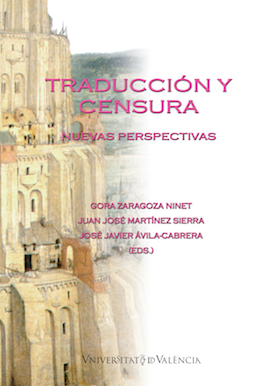Censorship 2.0 and the Holocaust: Content control and its impact in the translational image of the Nazi genocide
DOI:
https://doi.org/10.7203/qf-elit.v20i0.7537 Abstract
Abstract
In the democratic systems that prevail in the western world, censorship stricto sensu is forbidden. However, the digital revolution has brought about the passing of laws for supervising, screening and blocking contents, limiting thus information exchange. The process is singularly alarming when it operates via translation, for in an increasing globalized world it is translation that is responsible for establishing a bridge between cultures. Basing ourselves on the restrictions imposed by the different laws that criminalize Holocaust denial, in this paper we shall analyze the way in which content control has influenced the transnational image of the historical event, which varies depending on the place where it is projected.
Keywords: censorship; translation; Holocaust; memory; denial.
 Downloads
Downloads
Downloads
Published
How to Cite
-
Abstract1222
-
PDF (Español)857
Issue
Section
License
 Este obra está bajo una licencia de Creative Commons Reconocimiento-NoComercial-SinObraDerivada 4.0 Internacional.
Este obra está bajo una licencia de Creative Commons Reconocimiento-NoComercial-SinObraDerivada 4.0 Internacional.
Authors who publish with this journal agree to the following terms:
- Authors retain copyright and grant the journal right of first publication with the work simultaneously licensed under a Creative Commons Attribution License that allows others to share the work with an acknowledgement of the work's authorship and initial publication in this journal.
- Authors are able to enter into separate, additional contractual arrangements for the non-exclusive distribution of the journal's published version of the work (e.g., post it to an institutional repository or publish it in a book), with an acknowledgement of its initial publication in this journal.
- Authors are permitted and encouraged to post their work online (e.g., in institutional repositories or on their website) prior to and during the submission process, as it can lead to productive exchanges, as well as earlier and greater citation of published work (See The Effect of Open Access).




